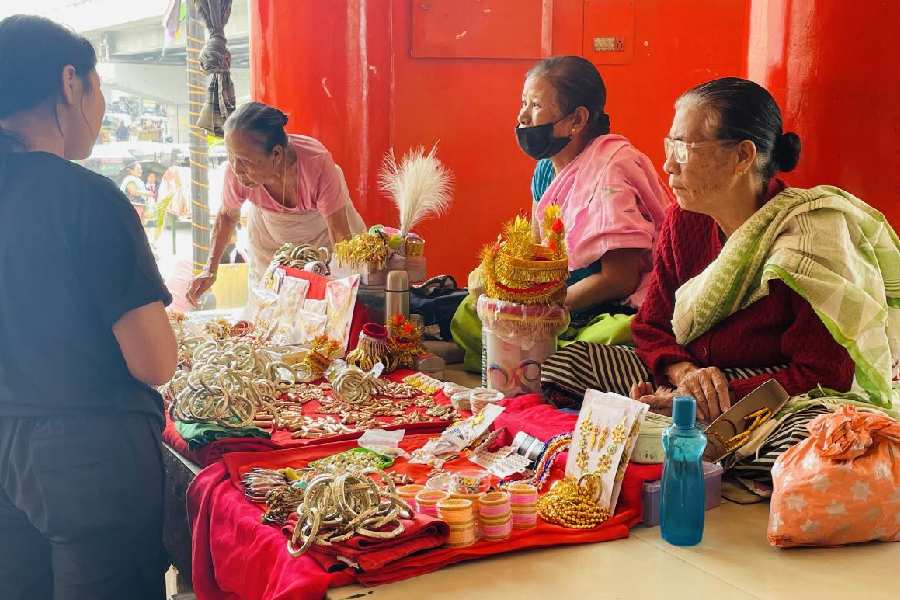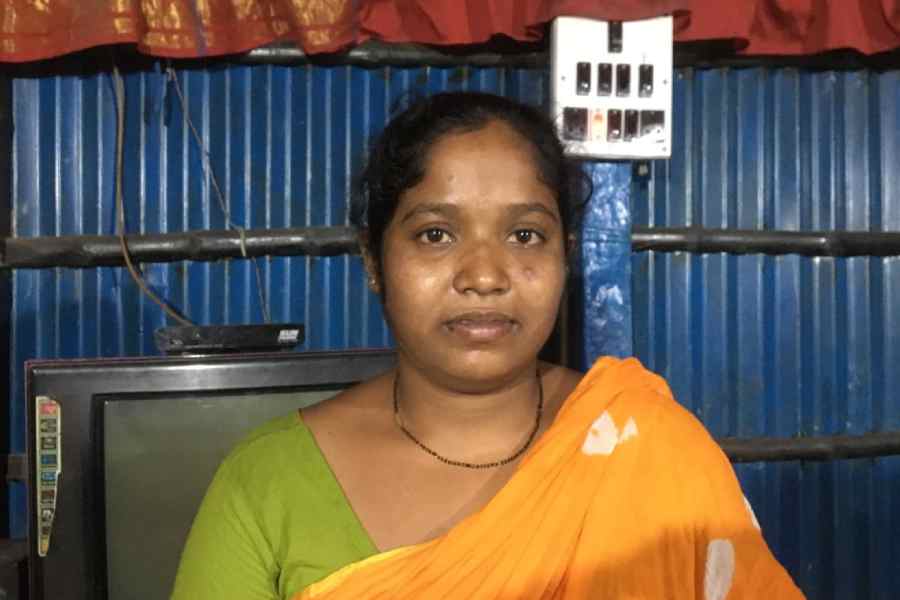You can’t go home again is a collection of seven stories that grow out of the lives of children who attend the same school in Pakistan’s commercial hub, the city of Karachi. Sarvat Hasin’s narrative shows their lives intersecting, converging and diverging as the years pass by. It is set in contemporary Pakistan, with the writer aspiring to counter the current image of that country as a conservative space that has nurtured terror and violence. Her strategy is to offset Karachi with London; the former city as a space struggling to break free from conservatism and superstition, the latter as a refuge offering the liberal ethos that her protagonists yearn for. In doing so, the stories are metaphorical exorcisms that release the djinns and churayls of conservatism.
Hasin’s own England-Pakistan connect perhaps lends some of the stories their dilemmas and predicaments. There are interesting dimensions of ‘home’ that the title foregrounds. As the stories’ teenaged protagonists move on in life, they are shown encountering and countering, appropriating and adapting to the ethos and value systems of two spaces or places that are so distant and dissimilar. In these transitions, the traditional ‘home’ providing security is demolished, and it becomes a metaphor for survival after breaking out from bonds that bind one to family, to siblings, to spouses, to lovers, to friends, or to country. The people in the stories cannot return to their erstwhile ‘homes’ as they have plunged far too deep into an urban space that rests on materialism, lust and ambitions.
What makes the reading of these stories trying and disorienting at times is the non-linear narrative that constantly flits between the past, present and future, the sudden incorporation of Urdu words like qayamat or Raat ki Rani that without any nuancing of their meaning or context embedded in the text itself, and grammatical glitches, such as, “Shireen hadn’t know what to say…” In spite of these oddities of expression, the memorable stories in the collection are those set in Karachi, a city where the older generation has been supplanted by a younger one which is slowly seeking its freedom from the shackles of control. From this viewpoint, it is Hasin’s chronicling of the mysterious disappearance and return of Rehan, and the account of a mother who disappears when a chauffeur is foisted on her by her husband that are most interesting.
You can’t go home again by Sarvat Hasin, Penguin, Rs 499











